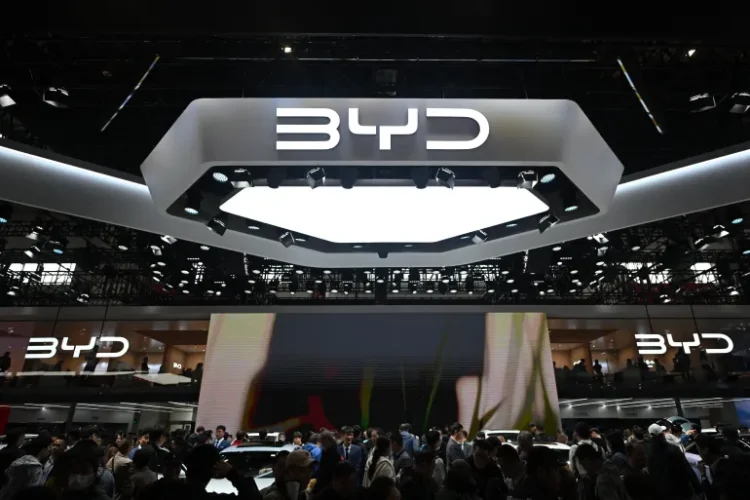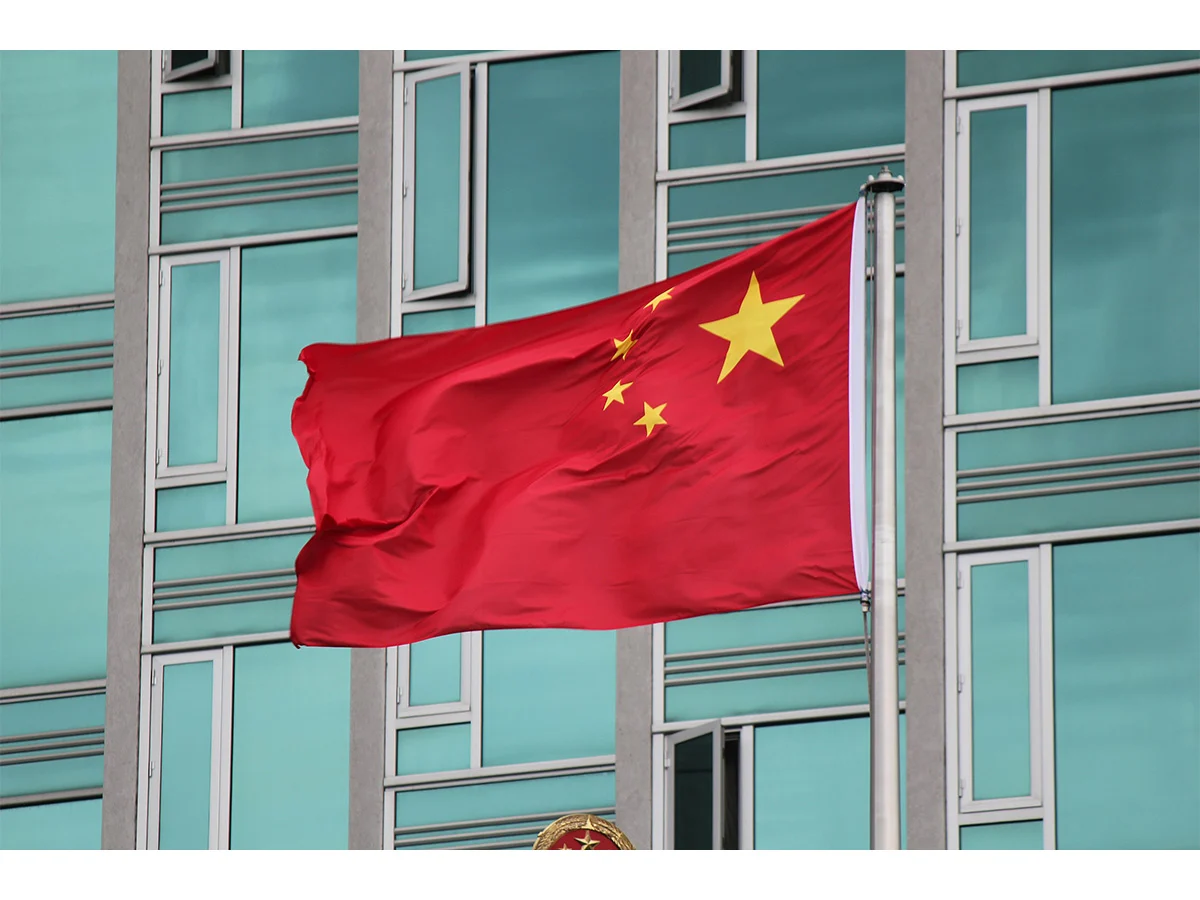Publisher: Maaal International Media Company
License: 465734
BYD Expands Global Electric Car Market
A recent Bloomberg report covered the great progress made by Chinese electric car company BYD in the global market, with a clear focus on competitive pricing and rapid expansion.
The report stated that the company has begun selling its all-electric car, the “Ato 3,” in small markets such as Malta, a country with a population of about 564,000 people.
The car comes at a price of about $28,000 and features heated seats made of vegan leather and a 360-degree rotating screen, making it a popular choice in emerging markets that do not have a local auto industry.
Yu Zhang, CEO of Auto Foresight in Shanghai, told the agency that these markets are described as “chicken rib markets,” which when combined represent more than 10 million cars annually. BYD’s rapid expansion has taken the global auto industry by surprise. The company’s sales have increased 15-fold to 3 million vehicles in just three years, and it is now present in 95 markets, with assembly plants in 10 countries.
This rapid global expansion has led to protectionist measures from the United States and the European Union. The former has imposed a 100% tariff on Chinese electric cars, while the latter has imposed a 17% tax on BYD imports, citing concerns about government support.
Bloomberg quoted the German Kiel Institute for the World Economy as saying that BYD receives more government support than its peers in Western countries or those democracies based on market economies.
BYD, which stands for “build your dreams,” was founded by Wang Chuanfu, a former battery scientist. The company originally started out focusing on rechargeable batteries for mobile phones and power tools, but moved into electric vehicles in 2003.
Wang’s innovations in battery technology, backed by China’s EV-friendly policies and the size of the domestic auto market, have helped the company achieve what many rivals have not: build affordable electric vehicles at scale while maintaining profitability.
Since introducing the new battery technology in 2020, BYD has overtaken major players like Tesla and Volkswagen in China and briefly became the world’s largest seller of electric vehicles in late 2023, according to Bloomberg.
اقرأ المزيد
Stella Li, BYD’s executive vice president, stressed that the company’s success is not just about profit, but also about being a “technological leader that changes the world.” However, Li acknowledges that tariffs in the U.S. and Europe pose a major challenge to the company’s global expansion. Despite these challenges, BYD continues to find success in international markets, particularly in emerging economies such as Brazil and Mexico, where the company has adapted its products to suit local market needs.
In Brazil, BYD is building its first vehicle assembly plant outside Asia and has signed agreements to convert the country’s bus fleet to electric buses. In Mexico, the company is rolling out affordable electric vehicles to local consumers, the agency reported.
As BYD expands globally, it continues to challenge traditional automakers in Europe and the United States.
According to Flavio Volpe, president of the Automotive Components Manufacturers Association of Canada, “BYD’s entry into the U.S. market may depend on future political shifts, as the company places itself vulnerable to any potential changes in U.S. trade policy.” At the same time, the company is working on long-term strategies to build its brand globally, aiming to become a household name in the electric vehicle market.








